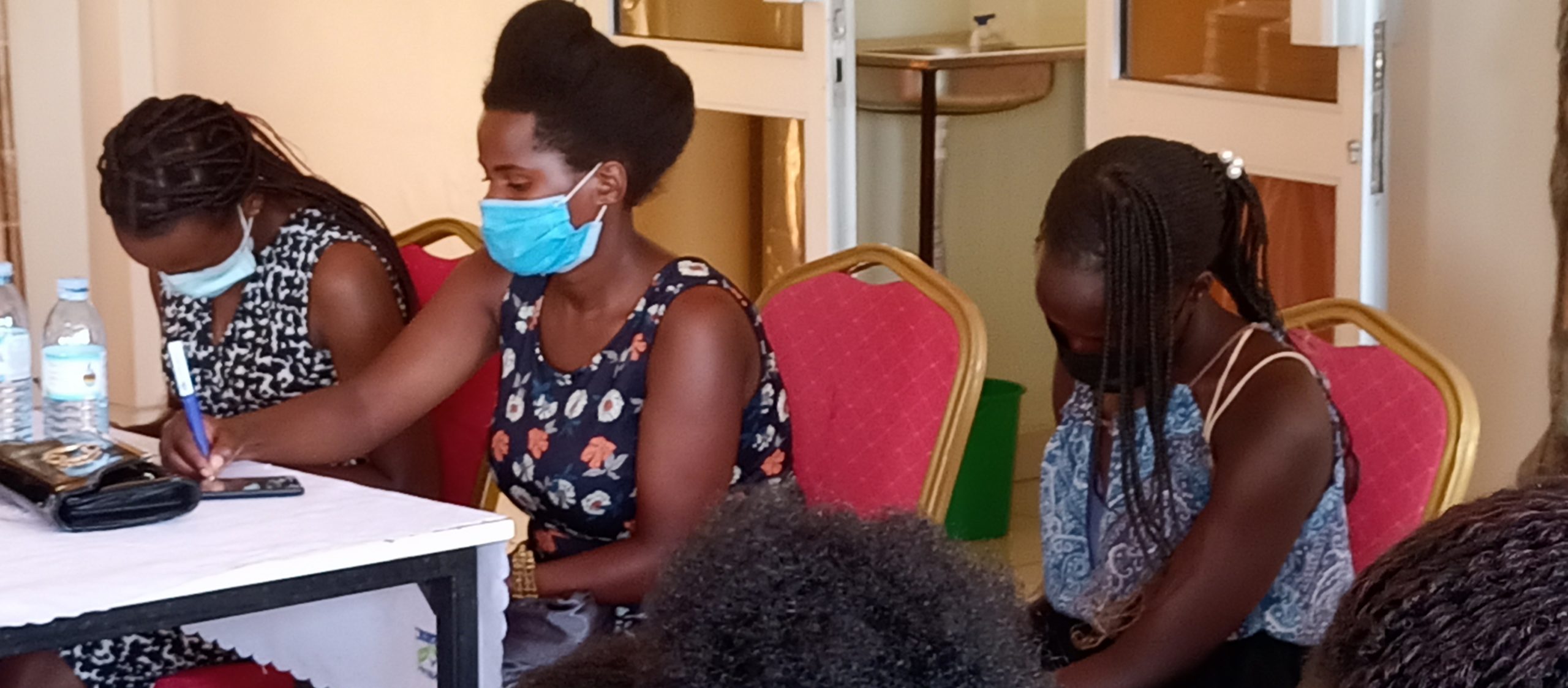WEJUNET is focusing on supporting women to access financial services,
participate in dignified work and thrive as entrepreneurs and small-scale
producers. Through an emphasis on economic justice, WEJUNET is
committed to changing the discriminatory social norms and economic
structures, laws, policies, and practices that marginalize women.
WEJUNET is working with economically marginalized women who have no
or limited access to and control over economic rights, resources, and
opportunities. We work with workers, entrepreneurs, and small-scale
producers, as well as women Village Savings and Credit associations.
WEJUNET works with women living in fragile or conflict-affected contexts,
and those who have been displaced. WEJUNET is building on its past
successes, including on dignified work, financial inclusion , and
entrepreneurship.At the close of 2016 and to mark International Migrant’s Day (18 Dec), IFRC’s Secretary General, Elhadj As Sy, delivered a special message to children, asking them to put aside negative perceptions about people who migrate and instead, welcome them into their communities and treat them with kindness and understanding. Here’s his message:
“International Migrants Day is an important day to think about all the people in the world who have had to leave their homes, including people who left because of wars or disasters, because they no longer had food or water, or because they wanted a better life for their families. Many of them even took dangerous journeys across oceans and deserts to find safety.”
At the close of 2016 and to mark International Migrant’s Day (18 Dec), IFRC’s Secretary General, Elhadj As Sy, delivered a special message to children, asking them to put aside negative perceptions about people who migrate and instead, welcome them into their communities and treat them with kindness and understanding. Here’s his message:
“International Migrants Day is an important day to think about all the people in the world who have had to leave their homes, including people who left because of wars or disasters, because they no longer had food or water, or because they wanted a better life for their families. Many of them even took dangerous journeys across oceans and deserts to find safety.”




